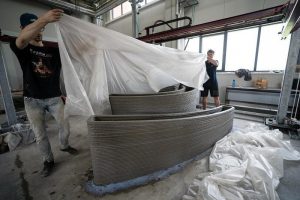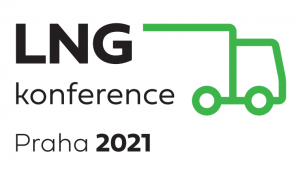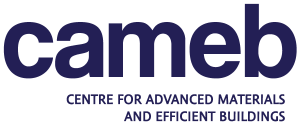The tendency to expand green areas in cities also brings news in the area of parking spaces. Experts from the AdMaS science center, led by Ing. Tomáš Chorazy Ph.D., decided to test three types of parking spaces in the new experimental car park. The so-called Sewer gratings, which are common to all three types of parking spaces, allow the rainwater to be drained into the soil instead of the classic drainage, thus helping to combat drought. In addition, the researchers placed biochar under one parking space, which helps to remove heavy metals, pesticides and also cleans rainwater. Modern cities and urban development use biochar for the regeneration of green areas, the construction of green roofs or tree planting, or just to build the aforementioned green parking lots. Now the testing will be transferred from the laboratories directly to the experimental car park. In addition, for example, dynamic impact tests are planned for monitoring the load-bearing capacity within long-term use or monitoring the effectiveness of seepage, etc. The staff of the Faculty of Civil Engineering at BUT cooperated with ASIO NEW, spol. s r.o.
- https://newtonone.newtonmedia.eu/cs-CZ/monitoring/CZ$OP-17-1439/topic/vp51/article/2021P220A14D/token/50be148f504f4037a7bcc3aedd8b69bf?tab=EClip)
- https://www.stream.cz/vecerni-zpravy-porad/prezident-zeman-v-nemocnici-cesko-po-volbach-a-konec-levice-64229062)
- https://www.komunalweb.cz/v-centru-admas-testuji-zelene-parkoviste/
- V centru AdMaS testují zelené parkoviště. Přispívá k boji se suchem – Nápady a objevy – Zprávy z VUT
















